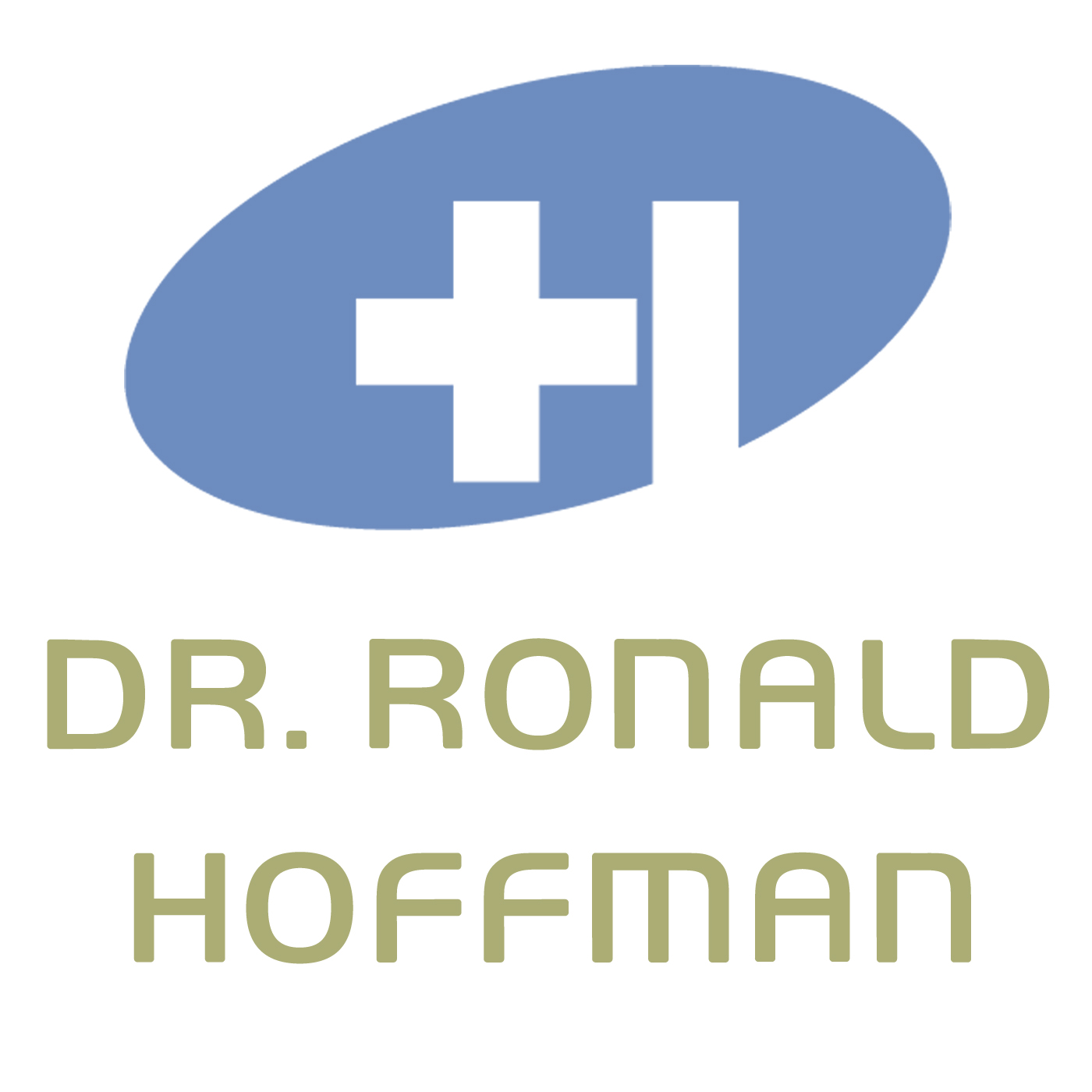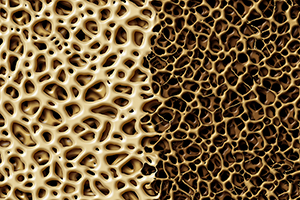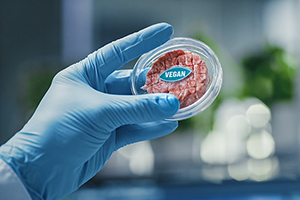 |
Clinical Focus: Gall Bladder Disease, Part 1
September 7, 2017
It's clear from studying populations like the Navajo of the U.S. Southwest and the Bedouins of Saudi Arabia that gallstones are associated with Westernized lifestyles. When diet and exercise patterns change, and rates of obesity, diabetes and cardiovascular disease increase, so too does the incidence of gall bladder disease. What are the "5 F's" that are risk factors for gallstones? How are gallstones formed? Is it true that excess dietary fat is the culprit? Does the "liver/gall bladder flush" remove stones? Can stones be dissolved without surgery? Should you buck your doctor's suggestion that you need surgery? What diet was shown in a 1968 study to confer 100% protection against gall bladder attacks? What are the 19 ways you can prevent or reverse gallstones? Click HERE for part 2.
|
Share:
 |
 |
Clinical Focus: Pain and America’s Opioid Epidemic, Part 1
July 6, 2017
America is in the grips of an unprecedented opioid epidemic. This time, it’s not just about heroin, confined to the inner cities among impoverished minorities. It’s spread to suburbs and rural areas and is affecting predominantly white middle-class populations. It started when, under marketing pressure from makers of pain medications, doctors were encouraged to view pain as “the fifth vital sign,” on a par with blood pressure, heart rate, and temperature. But pain is subjective, and not amenable to such a simplistic formula. More people see doctors for pain than for diabetes, heart disease, and cancer combined! Along with liberal prescribing, the ubiquity of powerful, long-acting drugs, and more lenient sentencing of drug sellers have fostered a surge in drug overdoses. Moreover, we have created a huge underclass of addicted, hopeless, unemployable, debilitated Americans, who often succumb to suicide. Statistics show far too many people take more medication than is prescribed, stockpile or share medications, doctor-shop to obtain more prescriptions, mix drugs with alcohol, and continue use of medications for purposes other than pain relief. Unscrupulous doctors often sell prescriptions. We need a total reassessment of the way we treat pain in America. As a society, we have far too little tolerance for transient (physical and psychological) pain, and the medical profession and drug companies are all-too-wiling to oblige. Experts now call for a closer look at alternative modalities like yoga, meditation/mindfulness, Tai-Chi, QiGong, acupuncture, core-training, acupuncture, etc. Diet may play a role in curbing inflammation; certain supplements like fish oil, curcumin, boswellin, vitamin C and D, and magnesium may help pain. The revolutionary work of the late Dr. John Sarno, who urged patients to let go of stress that perpetuated their pain syndromes, also deserves consideration. Click HERE for part 2.
|
Share:
 |
 |
Clinical Focus: Natural Therapies for Multiple Sclerosis, Part 1
April 20, 2017
Multiple Sclerosis Is a devastating condition for which drugs, with their attendant side effects, have little to offer. Yet it is extraordinarily responsive to natural therapies. In this Clinical Focus podcast episode, we explore the evidence supporting diet modification: Which is better, the Swank Diet, or the Paleo Autoimmune Diet, as popularized by the Wahls Protocol? What about environmental factors like chemical exposure and mercury? We summarize the research behind vitamin D, omega 3s, B12, antioxidants, alpha lipoid acid, pycnogenol, curcumin, sulforaphane, nicotinamide riboside, CoQ10, and carnitine. Is bee venom helpful? What about a controversial surgery for MS? Is there a gut connection to MS? What about marijuana derivatives like CBD? Does low-dose naltrexone help MS sufferers? Click HERE for part 2.
|
Share:
 |
 |
Clinical Focus: The Microbiome, Part 1
January 19, 2017
2500 years ago, Hippocrates, the “Father of Medicine,” declared that “all disease starts in the gut.” With the advent of modern science, we relegated the status of the gut to that of a mere food tube, a mechanical conduit for nutrients and waste products. But there’s been a modern renaissance in our understanding of the GI tract: It houses the microbiome, a collection of micro-organisms that outnumber human cells by 10 to 1. The microbiome deserves the status of an organ unto itself. According to Dr. Alessio Fasano, an expert on celiac disease and gut health, “The gut is not like Las Vegas—what happens in the gut doesn’t stay in the gut.” The microbiome has an impact on shaping immunity, determining whether we’ll be susceptible to infectious diseases or autoimmunity; it affects the brain, in such diverse conditions as autism, Parkinson’s Disease, Alzheimer’s Disease, anxiety and depression; it shapes our hormones (thyroid, adrenal, growth hormone, estrogen and testosterone); and it impacts metabolism, influencing whether we’ll gain weight or develop diabetes. Why is the microbiome under attack via our Western lifestyles? What are some ways we can cultivate a healthy microbiome? Click HERE for part 2.
|
Share:
 |





























